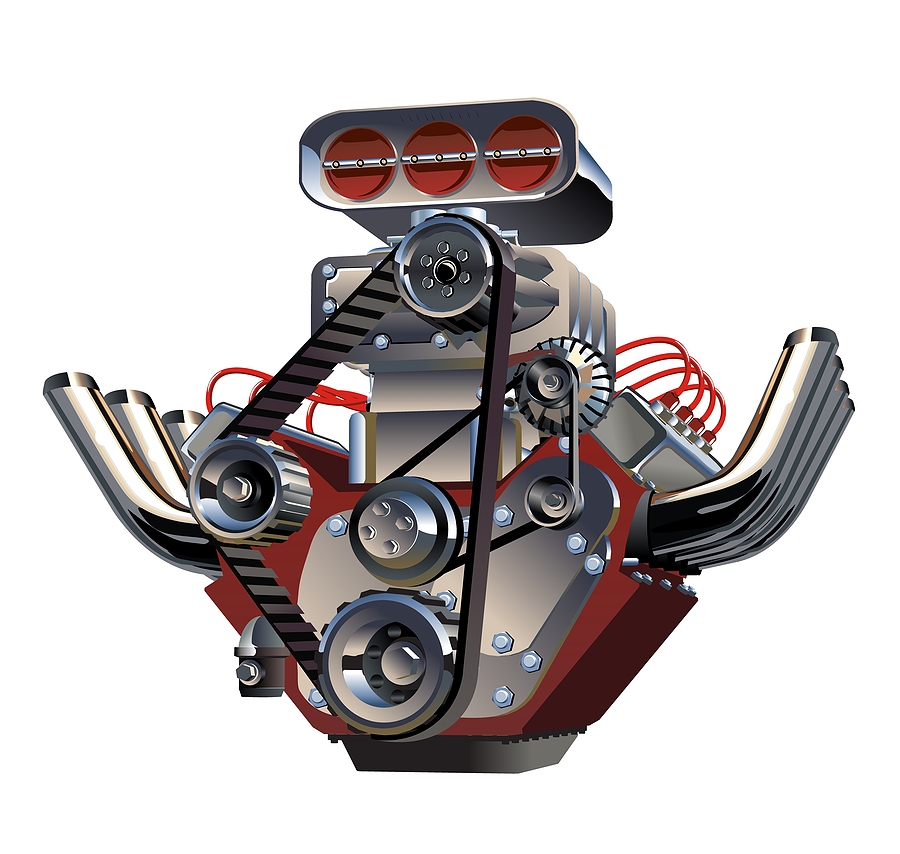Reasons Why You Need to Dyno Test an Engine

There are many compelling reasons to put your engine through dynamometer testing. An investigation into such cases is presented below.
If you’re reading this page, you’re likely already familiar with dyno testing an engine. In a nutshell, you rev up the engine and introduce a small bit of resistance. During the test, a dynamometer measures your engine’s force, torque, and horsepower. These are significant numbers, depending on your profession or leisure activity.
Is dyno testing an engine to determine how many horsepower it has under the hood, though a reason to pay for the test? There are many good, practical reasons to dyno test an engine, even if you don’t want to show off.
A few of the causes are as follows:
To assist you in keeping your engine running properly,
The computerized dynamometer delivers precise torque and revolutions per minute readings. Then it will be able to estimate horsepower with pinpoint accuracy. It is now possible for the person tuning your engine to change the engine’s tune, or they may even propose that the engine be replaced entirely.
This approach may be used to tune a variety of variables, some of which are as follows:
- Selection of the intake manifold
- The timing of the ignition and the advancing curve
- The diameter and length of the primary tubes for the headers
- Spacers for the carburetor
- Cam grind and timing are two important aspects of cam development.
- The size and jetting of the carburetor
When an engine makes its first run,
It seems reasonable to put an engine through its paces on a dyno before driving it. It is possible to complete engine break-in protocols defined by cam and ring manufacturers under carefully regulated settings. Blow by may even be observed as the piston ring seat, which is quite useful. Before each start, the engine may be lubricated and pre-heated to ensure a smooth start.
To determine the temperature of your exhaust gas,
When adjusting your carburetor (jetting, size, spacers, and fuel distribution), knowing your exhaust gas temperatures is just as critical (if not more so) as knowing your horsepower and torque statistics to the experts. With this information, you may be able to avoid having to make a costly engine repair.
To have a written record of the performance of your engine,
Dyno testing will provide you with information on each test, weather conditions on the day of testing, and graphs of your engine’s performance, among other things. This lets you compare your performance with the results from the dyno so that you can make changes or improvements for the future.
In addition to torque and peak torque, the test may also provide information on horsepower, volume metric efficiency, the temperatures of the cylinders and pistons, and airflow. In short, measurements of almost every engine function are obtained from the test results.
For professional dyno tuning services, please get in touch with Westech Performance Group!
As you can see, a dyno test is an extremely useful tool for ensuring that your vehicle is operating at peak performance. Even though you might not be interested in racing, it might be an important part of your overall maintenance plan.
The engine shop at Westech Performance Group can assist you with dyno testing and a variety of other services. Among the equipment at the shop is a SuperFlow SF-902 hydraulic (water break) dynamometer, which is the most popular form of dyno used in race engine shops since it is both cost-effective and very accurate.
For additional information about the SF-902, please visit this page.
Please get in touch with us online or call 951-685-4767 for further information.
